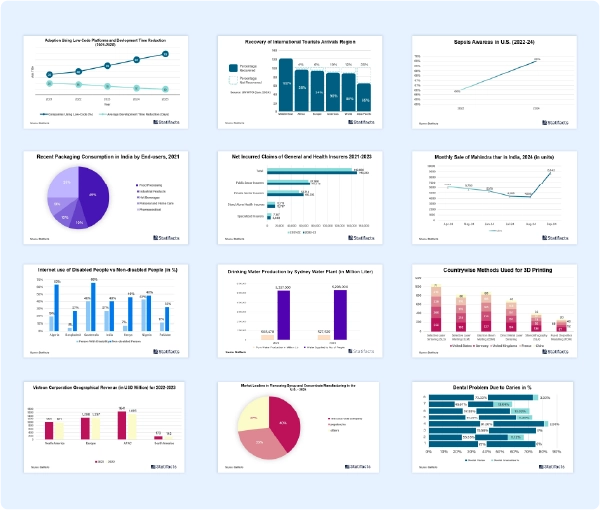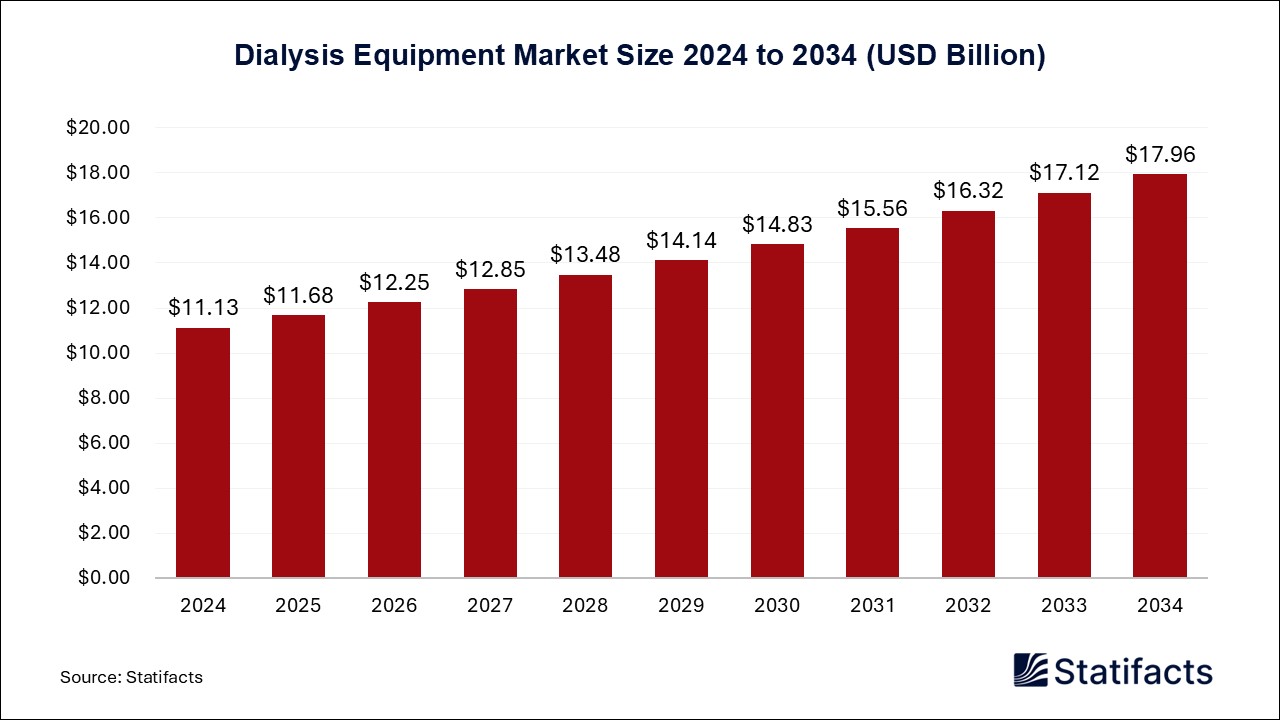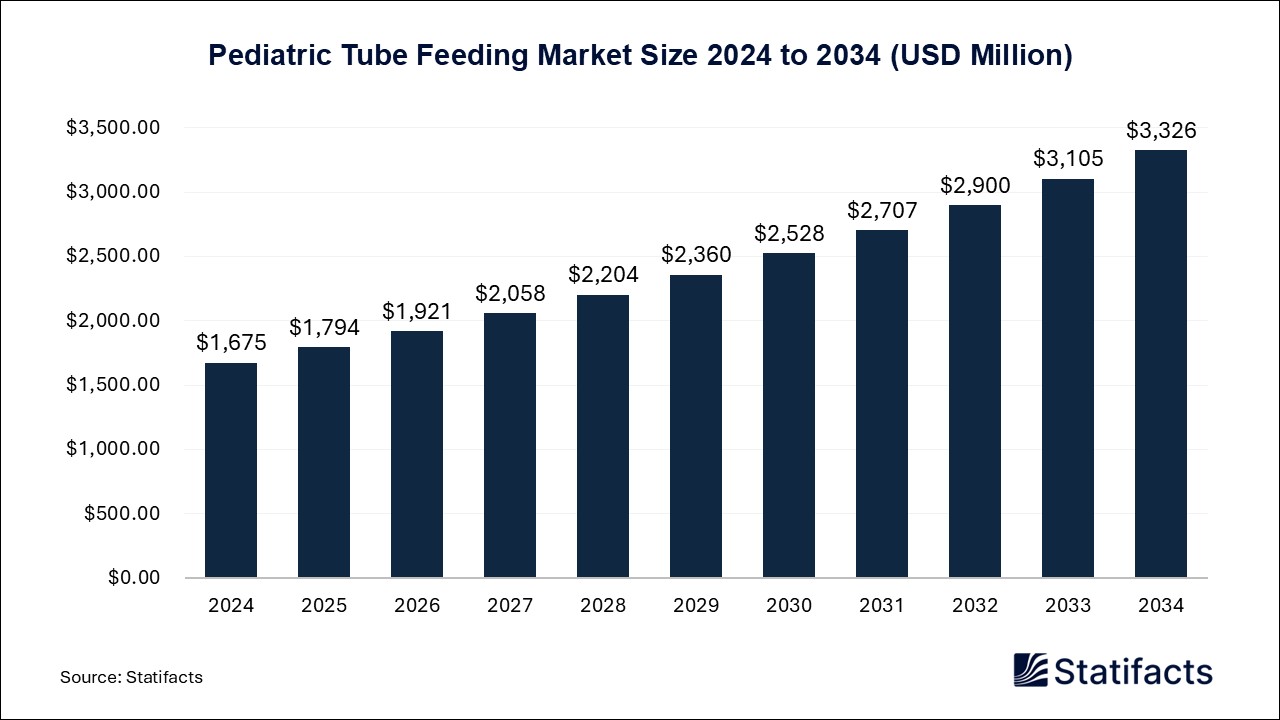

Our customers work more efficiently and benefit from
The global infectious disease therapeutics market size accounted for USD 123.93 billion in 2024 and is predicted to touch around USD 181.69 billion by 2034, growing at a CAGR of 3.9% from 2025 to 2034.
The infectious disease therapeutics market is witnessing sustained growth primarily due to the increasing prevalence of bacterial, viral, and fungal infections globally. Growing healthcare investments, advances in drug development, and global immunization programs are boosting the growth of this market. The continuous emergence of drug-resistant pathogens has rendered the need for innovative therapeutics quite urgent, making this sector critical in driving outcomes for global health.
The rising incidence of infectious diseases is the primary driving force behind infectious disease therapeutics market growth. Diseases such as HIV/AIDS, tuberculosis, hepatitis, and respiratory infections have been a source of concern for millions worldwide, mandating continuous developments in therapeutic solutions. Besides, pandemics such as COVID-19 have reinforced an urge for rapid drug development and, often, to raise financing for antiviral drugs and vaccines. Apart from the exploits due to global population growth, urbanization and increased air travel have made the situation bad by further spreading these infectious diseases, thus increasing the need for effective treatments.
Significant progress in pharmaceutical research and biotechnology has led to the development of more effective and targeted growth in the infectious disease therapeutic market. Breakthrough innovations in the underlying science of infectious diseases enable vaccine development to be more efficient and offer better protection against infectious agents. The rapid approval and deployment of vaccines during the COVID-19 pandemic have demonstrated to the world that cutting-edge innovations in the management of infectious diseases have potential.
Government policies, funding, and international cooperation are crucial for expanding access to therapeutics for infectious diseases. The promotion of vaccination programs, drug accessibility, and strategies against antimicrobial resistance is in the purview of organizations that include the World Health Organisation, the Centres for Disease Control and Prevention, and Gavi, the Vaccine Alliance. The incrementally increased funding of research and public health campaigns to propel the growth of therapeutics is enabling even low-income regions to have access.
Antimicrobial resistance is the most urgent challenge facing the infectious disease therapeutics market. Drug-resistant pathogens caused by excessive use of antibiotics and poor treatment compliance have rendered treatments ineffective. The development of new antibiotics and alternative therapies is time-consuming, expensive, and demands vast R&D investments. Stringent regulatory approvals and high manufacturing costs have greatly limited the speed at which new therapeutics can attain the market and thus hinder growth.
AI-driven algorithms are being used to advance drug discovery by collecting and analyzing an immense variety of biological datasets and identifying plausible drug candidates far quicker than the means used today. AI is augmenting vaccine development by predicting viral mutations, optimizing trials, and enhancing vaccine effectiveness. AI-based diagnostic devices are allowing for rapid infection recognition, which in turn leads to prompt treatment and favorable health outcomes. Incorporating AI in all spheres of drug research, clinical evaluation, and disease modeling has considerably increased the effectiveness of the development process by pharmaceutical companies while reducing expenditures on the development of the infectious disease therapeutics market.
Growing global demand for advanced vaccines will accompany the tryst of falling immunization programs with rising global demand. Research in genomics and precision medicine warrants the individualization of treatment to combat infectious diseases. Customizing therapeutics based on a patient's genetic constitution and immune response will heighten treatment success and lessen adverse effects. In response to the emergence of new infectious diseases due to climate change and increased global travel, pharmaceutical companies are investing in early-stage proactive strategies for drug development. Insights gained from early-stage research noting zoonotic disease and viral outbreaks are important for establishing the groundwork necessary for preparations for any future pandemics.
Published by Rohan Patil , March 2025
By Infection Type
For any questions about this dataset or to discuss customization options, please write to us at sales@statifacts.com
| Stats ID: | 8049 |
| Format: | Databook |
| Published: | March 2025 |
| Delivery: | Immediate |
| Price | US$ 1550 |




| Stats ID: | 8049 |
| Format: | Databook |
| Published: | March 2025 |
| Delivery: | Immediate |
| Price | US$ 1550 |

You will receive an email from our Business Development Manager. Please be sure to check your SPAM/JUNK folder too.

Unlock unlimited access to all exclusive market research reports, empowering your business.
Get industry insights at the most affordable plan
Stay ahead of the competition with comprehensive, actionable intelligence at your fingertips!
Learn More Download
Download

